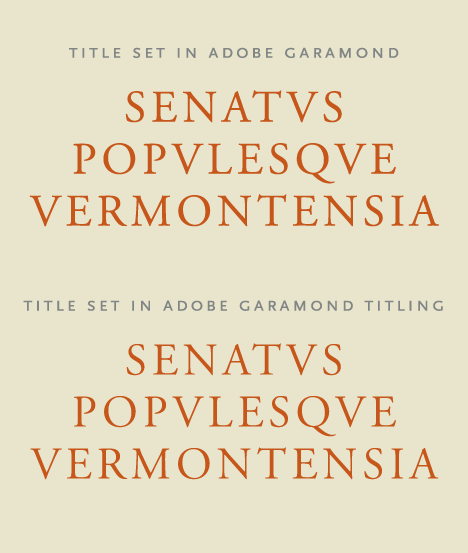I notice that the Glyph Transformer has a number of supplied scripts which add glyphs into the Unicode Private Use Area.
Some of the glyphs added by the Ligature Collection.xml script are in the Private Use Area.
The Private Use Area mappings used in Ligature Collection.xml are a selection from those specified by the Medieval Unicode Font Initiative. The webspace of the Medieval Unicode Font Initiative is http://www.mufi.info and various documents are available there.
Yet the origin of the mapping choices for the small capitals is not stated.
I am thinking of trying to make a font with various swash glyphs for characters in the Private Use Area, both for use now in non-OpenType-aware applications and so that the artwork is stored in case OpenType-aware applications become more available and OpenType versions of my fonts become made. Some would be usable with regular roman fonts as well as with italic fonts, yet many would be more suitable for use with italic fonts only.
I realize that I could make my own private mapping allocations, yet I am hoping to use mappings which would be common with fonts from other designers, so I am wondering if something could be agreed and an xml file for the Glyph Transformer of FontCreator produced. It would be helpful to me if the range U+E700 to U+E7FF were not used in such allocations as I use that range for various ligature glyphs with my own code point allocations already.
I have been looking at the selection of swash glyphs, including those for endings and those for swash ligatures, in the following pdf document about the Arno font.
And yes, I am wanting to include an ending version of the Esperanto ĥ character as mentioned in the thread entitled “An unusual glyph of an Esperanto character in the Arno font”, complete with a kerning pair with the closing single quote character, in one of my own fonts, so that I can try to produce some hardcopy prints.
Yet I am also studying some of the swash characters being used in some of the Festival Books mentioned in the following thread.
William Overington
18 June 2008
